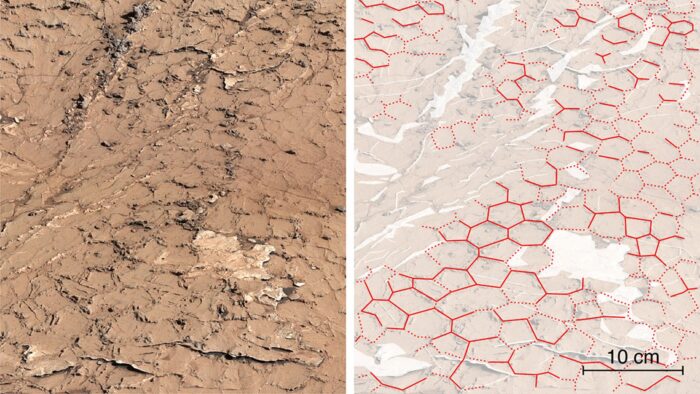When you think of electricity, what comes to mind?
Energy for technology and machines? The thrill of lightning strikes? A warning to stay safe around power lines and outlets?
How about fertilizer for plants?
It might sound strange, but there is a whole field of science that is dedicated to understanding how "zapping" plants can make them grow faster and stronger. And in the case of some vegetables and fruits, more deliciously!
From lettuces in Quebec to tomatoes in the Netherlands to green beans in China, researchers and farmers are finding that electricity can boost their crops. The only issue? They still don't quite understand why!
But scientists around the world are eager to find out—it could be just the jolt farming needs in the 21st century!
More, but less
A fertilizer plant in France. Fertilizers are big business in farming, but they are also big polluters. (Getty Embed)
Right now, farming is facing a real problem.
On one hand, we need to grow more and more food to feed a growing population of over 8 billion people.
But on the other, farmers are being challenged to use less land to grow that food, as well as fewer chemical fertilizers. This is to try to address the issues of climate change and pollution (farming accounts for huge amounts of greenhouse gases, while fertilizers are a major pollutant of our waters).
So how do you grow more food without adding to these problems?
Zap ... oops!
Experts, farmers, and governments are wondering if the solution might be what is known as electroculture. This is the process of adding electrical currents to crops to increase their yields. (A yield is the amount of food that a plant can produce.)
People have known that electricity does something magical to plants for centuries. Back in the 1800s, zapping plants was considered the next big thing in agriculture. The only problem was that this zap was just as likely to kill the plants as it was to make them healthier! And so electroculture was left behind in favour of methods we could more easily control.
A gentle shock
Experiments with electricity have been done on crops like green beans. (Getty Embed)
But in the 21st century, electricity is something that we can use much more delicately. This has led researchers to try all sorts of methods to bring out the best in crops.
For example, a electrical current can be applied to the water that is used on crops. (Water is an excellent—and dangerous—conductor, or carrier, of electricity. Remember to never use a plugged-in or battery operated device near water.)
In China, researchers have generated an "ambient field" of electricity within a greenhouse. (Ambient is something that surrounds other thing, like "something in the air".) This technique creates a sort of electrical cloud, constantly bathing the plants in the light current.
Then there's cold plasma. Plasma is ionized, or electrically charged, gas. On Earth, it is known as the stuff that lightning is made of. (It is also what stars are made of.) In that form, plasma is hot and deadly. But cold plasma has the electrical properties of plasma without all the heat. Researchers are using it to fertilize plants, saying that it not only boosts growth, but also protects plants against microbe invaders and diseases. Neat!
How?
Along with artificial LED lighting, electricity could be what changes how we farm. (Getty Embed)
While all of these techniques are fascinating, there is still one major issue in using them to change farming.
We don't totally understand how it works. And to use something effectively, we need to know (otherwise, we could accidentally create new problems!).
Fortunately, we do know that electricity helps all living things, including us. Our cells, our nervous system and brain, the beating of our heart ... all of these things require electrical impulses to function. So it's not that odd that plants would benefit from electricity, too.
Some research suggests that electricity "wakes up a plant", making it more ready to get growing. "[Electricity] perforates the seed wall," Jose Lopez of Seton Hall University told the BBC, "When you plant that seed, it is better able to take up water and soil."
We'll be curious to see how this electrifying field of research continues to grow!
 Serious research is showing that electricity improves how plants grow. But how? (ID
72247550
© Releon8211
|
Dreamstime.com
)
Serious research is showing that electricity improves how plants grow. But how? (ID
72247550
© Releon8211
|
Dreamstime.com
)








